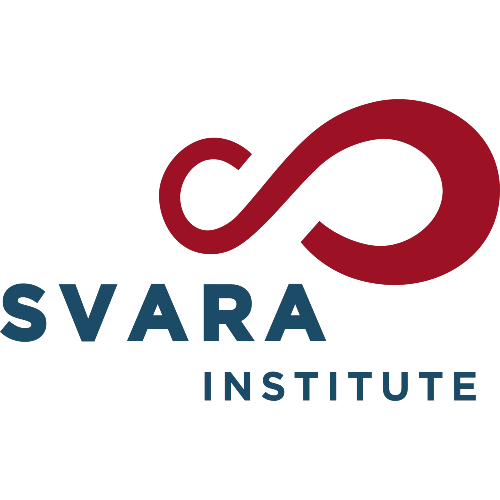Client: Trade Cooperation Facility
Innovation is defined as an implementation of new or significantly improved products or processes, a new marketing method or a new organizational method in business practice, workplace organization or external relation (OECD 2005). Product innovation is the introduction of new or significantly improved products, including significant improvements in technical specifications. Process innovation is the implementation of a new or significantly improved production or delivery process, such as the use of new technology in production or logistic system in delivering goods. Marketing innovation is the implementation of a new marketing method, including design or packaging, product placement and promotion. Organizational innovation is the implementation of new organizational method in the firm’s business practice, such as new reporting flow, new workspace design and new way engaging with suppliers.
Innovation is important for competitiveness and growth. The World Economic Forum’s Global Competitiveness Report (GCR) put innovation as one of the 12 pillars of competitiveness (Figure 7). Although Indonesia is not among the best countries in terms of competitiveness index, it shows a gradual improvement in the past three years. The 2014-2015 GCR rank Indonesia in 34/144 competitive countries. Inadequate infrastructure, weak institution, inefficient labour market, low technological readiness, low rank in business sophistication and innovation are elements that need to be addressed. The rank is based on export opinion, except for number of patents applied under the Patent Cooperation Treaty (PTC).
This study focuses on assessing innovation, or potentially innovative firms, including manufacturing firms in Bandung Greater Area. It aims to provide an indication where innovation exists in the private sectors in Bandung. The result of the study will be used as an input to develop innovation center in Bandung.
